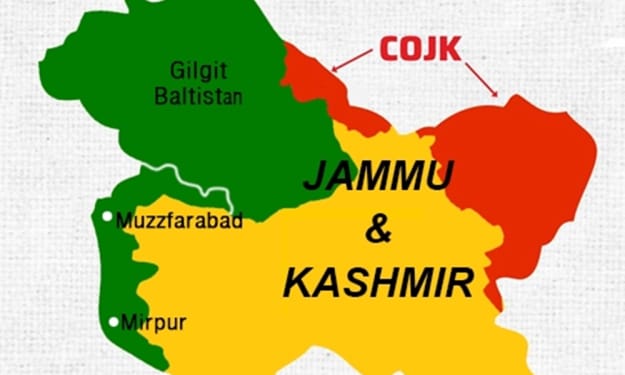The Enigmatic Vikings: Separating Facts from Fiction
Historic Curiosities

The Vikings, often portrayed as fierce warriors and seafaring raiders, continue to captivate our imagination with their rich history and fascinating tales. However, popular depictions of Vikings are often steeped in myth and exaggeration. To truly understand these enigmatic seafarers, it is essential to separate fact from fiction. In this article, we will delve into the world of the Vikings, exploring their culture, achievements, and dispelling common misconceptions.
The Viking Age: A Time of Exploration and Expansion
The Viking Age spanned roughly from the 8th to the 11th century and witnessed an unprecedented period of exploration, expansion, and cultural exchange. While Vikings were indeed skilled warriors, their activities were not solely focused on raiding. They were also accomplished traders, colonizers, and explorers who reached far-reaching lands such as Greenland, Iceland, and even North America, establishing settlements and forging trade networks.
Norse Mythology: The Rich Pantheon of Gods and Legends
One of the most enduring aspects of Viking culture is their mythology. Norse gods and legends, including Odin, Thor, and Loki, have captured the popular imagination. These mythical stories provided the Vikings with a framework for understanding the world around them, but they should not be confused with historical accounts. Norse mythology remains a fascinating and essential part of Viking heritage, but it is important to recognize it as a distinct realm separate from historical reality.
Seafaring Expertise: Mastering the Art of Navigation
The Vikings were renowned seafarers who ventured far and wide across the seas. Contrary to the popular image of wild pillagers, Viking voyages were often driven by exploration, trade, and colonization. Their mastery of shipbuilding and navigational techniques allowed them to traverse vast distances and navigate treacherous waters. The iconic longships, with their shallow drafts and flexible hulls, enabled the Vikings to sail both rivers and open seas with great agility.
Women in Viking Society: Roles and Status
While Viking society was undoubtedly patriarchal, women played more prominent and diverse roles than often depicted. Women held significant power within the domestic sphere and had the authority to manage households, finances, and even inherit property. Some women, known as shieldmaidens, also participated in battles alongside their male counterparts. The sagas and historical accounts provide evidence of remarkable women who left their mark on Viking society.
Cultural Exchange: Vikings as Traders and Explorers
Vikings were not solely warriors and raiders; they were also active participants in trade and cultural exchange. They established trade routes throughout Europe and beyond, bringing goods, ideas, and cultural influences to different regions. Viking trade extended as far east as Byzantium (Constantinople) and as far south as the Abbasid Caliphate, showcasing their far-reaching network and cultural impact.
Legacy and Heritage: The Enduring Influence of the Vikings
The legacy of the Vikings continues to resonate in modern times. Their impact on language, place names, and cultural traditions can still be felt in regions they once settled. The Viking Age left an indelible mark on the history and heritage of various countries, particularly those in Scandinavia and the British Isles. Today, the Viking legacy is celebrated through festivals, reenactments, and museums that aim to preserve and educate about their fascinating culture.
Separating fact from fiction is crucial when exploring the history and culture of the Vikings. While they were indeed skilled warriors, their achievements extended far beyond raiding and conquest. They were explorers, traders, navigators, and settlers who shaped the world through cultural exchange and exploration. By shedding light on the true nature of the Vikings, we can appreciate their complexity, dispel misconceptions, and gain a deeper understanding of this enigmatic civilization.
***
Thanks for your time and reading!
About the Creator
Agnes Hill
Student and history nerd who gets too bored during school lessons
Enjoyed the story? Support the Creator.
Subscribe for free to receive all their stories in your feed. You could also pledge your support or give them a one-off tip, letting them know you appreciate their work.






Comments
There are no comments for this story
Be the first to respond and start the conversation.